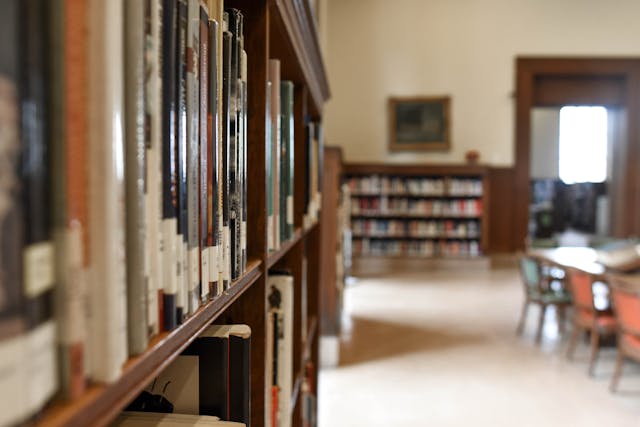Postdisciplinary Knowledge, Edited by Tomas Pernecky
DOI:
https://doi.org/10.31273/eirj.v11i2.1464Keywords:
postdisciplinarity, disciplines, academia, universities, knowledgeAbstract
Where does postdisciplinarity stand in relation to the other forms of non-disciplinarity? What critiques of academia does it launch? Postdisciplinary Knowledge edited by Tomas Pernecky, aims to theorise postdisciplinarity as a rebellious and subversive movement. This article reviews this work with the aim of finding out what makes postdisciplinarity unique and whether there is a need for it? It also provides an evaluative description of the individual chapters of the book. I conclude that the input of postdisciplinarity is a necessary contribution to discussions surrounding the nature of academia and the university.
Exchanges Discourse Podcast
Postdisciplinarity, Ontologies & Futures: In Conversation with Liam Greenacre [12:58]
Downloads

Downloads
Published
Issue
Section
License
Copyright (c) 2024 Liam Greenacre

This work is licensed under a Creative Commons Attribution 4.0 International License.
Authors who publish with this journal agree to the following terms:
Authors retain copyright and grant the journal right of first publication with the work simultaneously licensed under a Creative Commons Attribution License (CC-BY), which permits use and redistribution of the work provided that the original author and source are credited, a link to the license is included, and an indication of changes which were made. Third-party users may not apply legal terms or technological measures to the published article which legally restrict others from doing anything the license permits.
If accepted for publication authors’ work will be made open access and distributed under a Creative Commons Attribution (CC-BY) license unless previously agreed with Exchanges’ Editor-in-Chief prior to submission.
Authors are able to enter into separate, additional contractual arrangements for the non-exclusive distribution of the journal's published version of the work (e.g., post it to an institutional repository or publish it in a book), with an acknowledgement of its initial publication in this journal.
Authors are permitted and encouraged to post their work online (e.g., in institutional repositories or on their website) prior to and during the submission process, as it can lead to productive exchanges, as well as earlier and greater citation of published work. (see: The Effect of Open Access)
